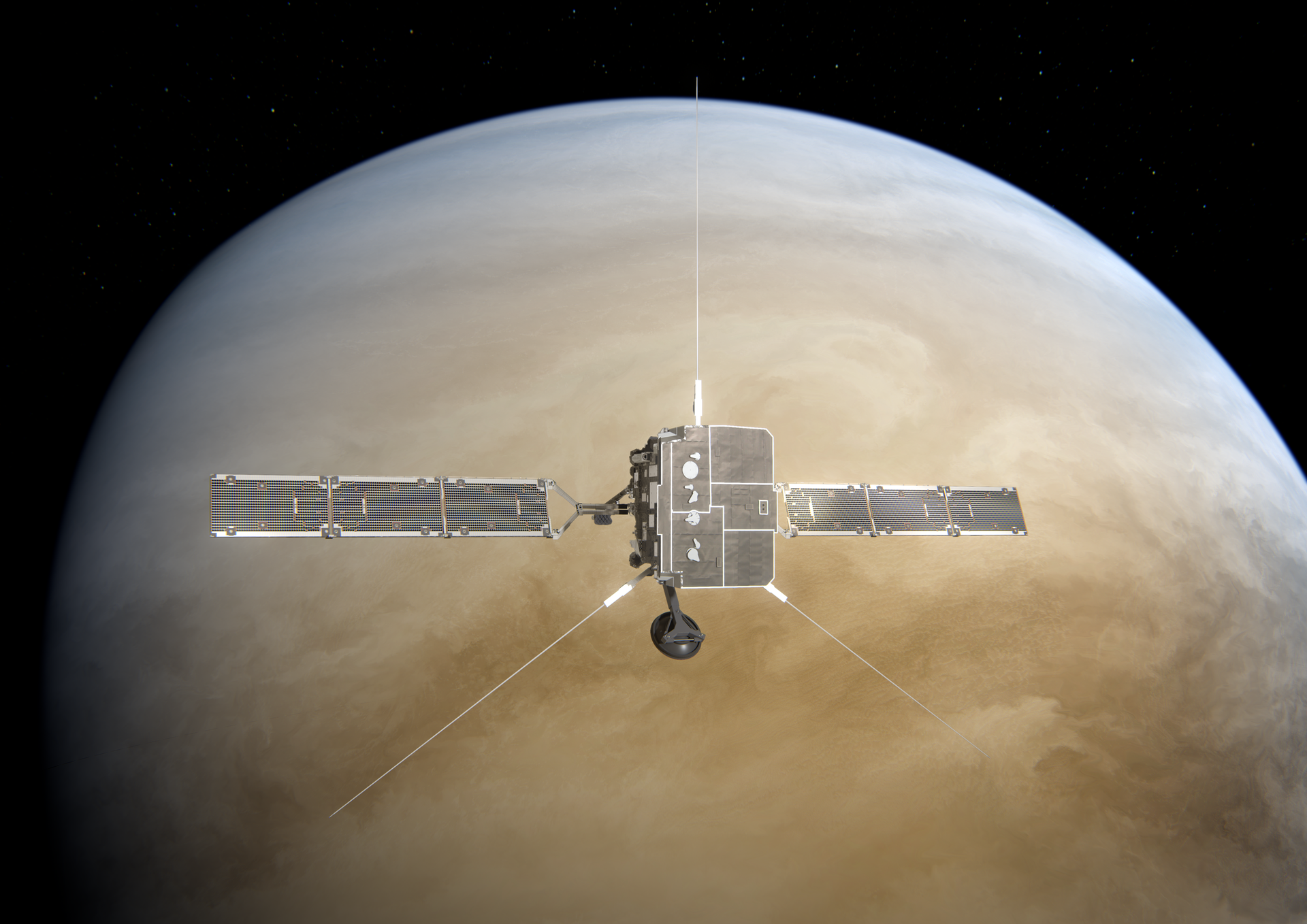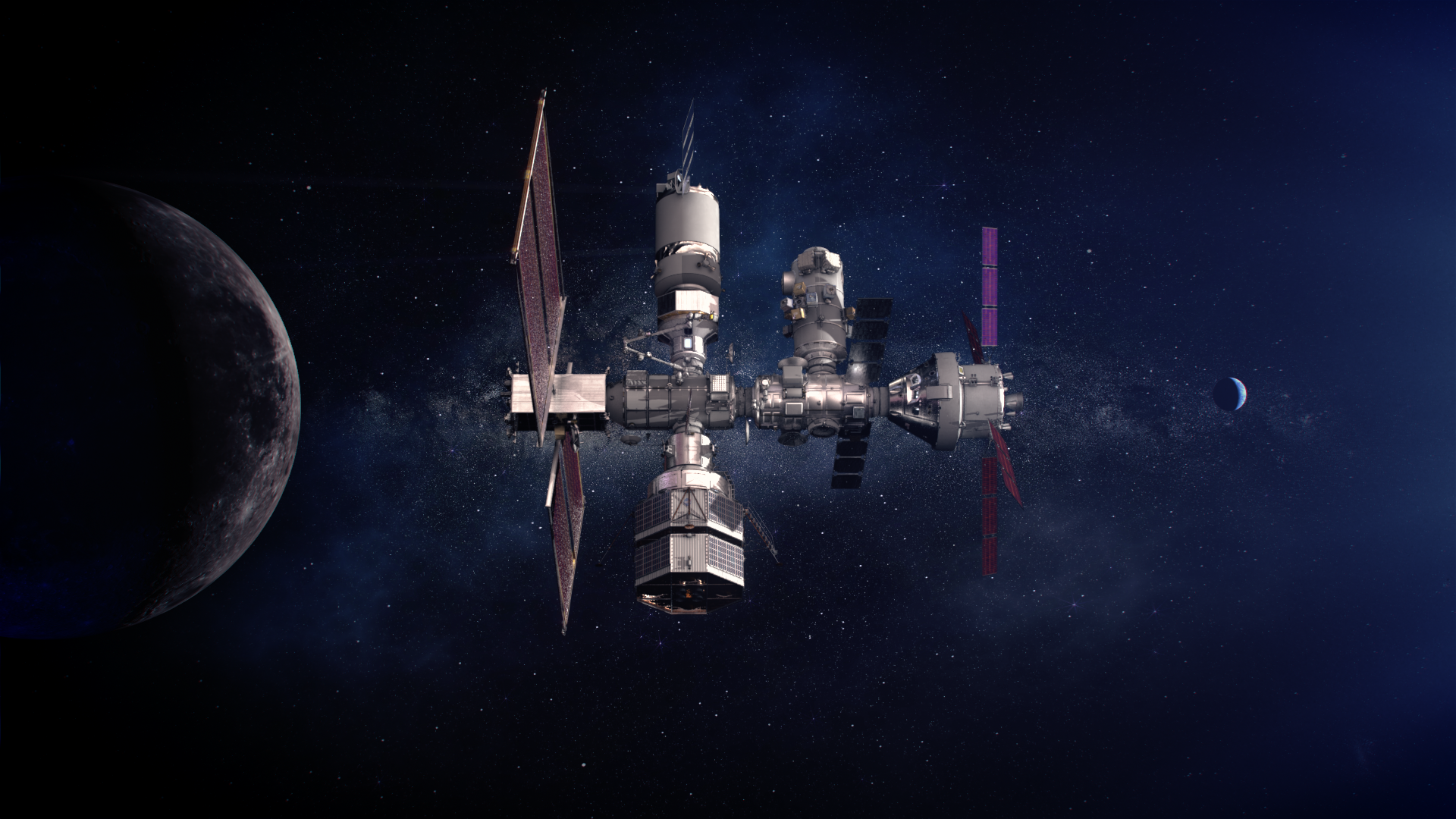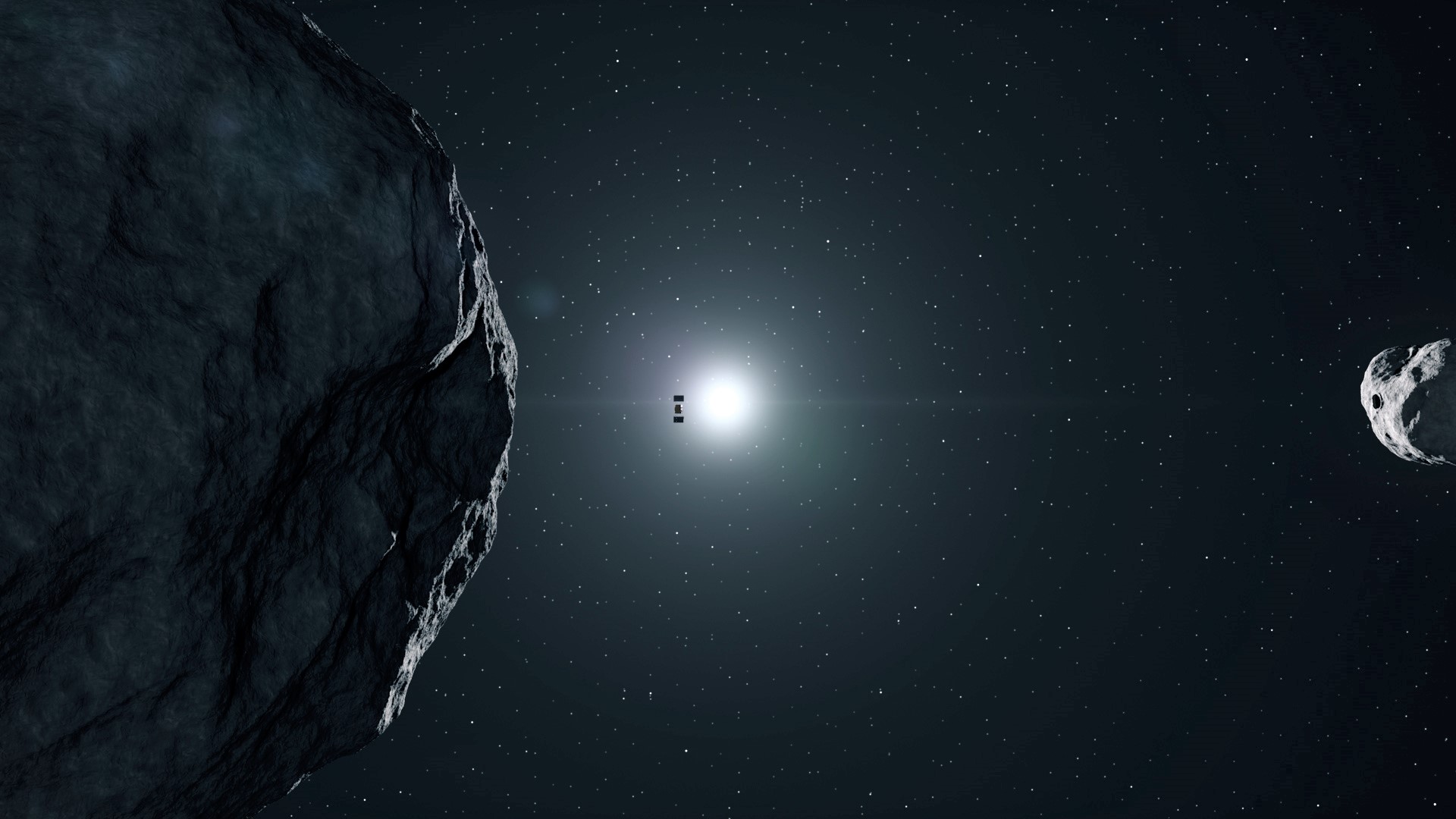April 7, 2021. Josef Aschbacher, Bill Nelson and Philippe Baptiste - three names that stand for important personnel decisions in global space policy. What I find both exciting and interesting is that they all happen to have been made at almost the same time in March 2021. Aschbacher became the new director general of the European Space Agency (ESA) on March 1. Bill Nelson was nominated as the new administrator of the U.S. space agency NASA in mid-March. Finally, Philippe Baptiste succeeds Jean-Yves Le Gall as president of the French space agency CNES. ESA, NASA and CNES are among the most important and influential institutions of their kind in the world, along with space agencies in Russia, China and India.
The reasons for the personnel changes are quite different. Aschbacher succeeds outgoing German Jan Wörner, whose contract expired. Baptiste is a blank slate in the space community, appointed directly by French President Emmanuel Macron; according to French media, because the president wants a breath of fresh air, so to speak, and a new perspective on issues of spaceflight with the former chief of staff at the French Science Ministry. Nelson, in turn, is the choice of new U.S. President Joe Biden, an ex-astronaut and intimate connoisseur of American space policy. He has played a lead role in formulating just about every piece of legislation that governs NASA initiatives and missions.
New approaches for current space challenges
Nevertheless, I see a common thread in the appointments: all three men have been tasked or have set out to address current space challenges with new approaches and fresh approaches. I very much welcome this, because I too believe that space as a field of business and science is currently changing radically and rapidly - with great opportunities for companies and societies alike. Not least for this reason, I would also repeat my prediction from the beginning of 2020: at that time, I wrote in one of my columns that the 1920s would become a decade of space travel. Current developments confirm me in this statement.
The ESA under Josef Aschbacher, for example, wants to bring Europe back on a par with China and the U.S. under a new strategy. He has given this plan the title "Agenda 2025”. Aschbacher and I have known each other for many years, so I am confident in my assessment of what he wants to achieve as the new ESA Director General. Well, in essence, he is primarily concerned with three issues that he wants to reorganize in the European space structure: talent, money and speed.
Talent means that we Europeans need the best brains for new, disruptive solutions and the necessary innovations. To ensure that these talents stay with European space companies and do not succumb to the calls of Silicon Valley after a short time, more money must also flow for startups and good ideas. Aschbacher has announced that ESA also wants to act as an anchor customer or investor in the future. I think this is a very important step. Because unfortunately, in Europe, we lack big financiers like Elon Musk or Jeff Bezos, who invest billions of their own fortune in space companies. Finally, however, speed is also important. And here, too, I think Aschbacher has drawn exactly the right conclusions: only if we succeed in providing young, up-and-coming companies with the necessary support in an unbureaucratic manner will they be able to keep up with the competition in China and the USA.
revolutionary change toward commercialization
However, these measures are not only important for making Europe competitive again with the Americans and Chinese. They also prepare the entire space industry in Europe for the revolutionary change toward commercialization. This development started in the U.S. about 20 years ago - enabling the rise of companies like Space X or Blue Origin. It is imperative that we Europeans also succeed in creating such an environment. For example, Rocket Factory Augsburg employs around 90 talented young, highly qualified engineers. These are the talents Josef Aschbacher was talking about. They work in a company that was spun out of the OHB Group as a startup in 2018 and whose workforce is hell-bent on launching Germany's first microlauncher. We need to see that these great young experts see their future in Germany and Europe!
In the USA, plans go much further. NASA is very determined to land humans on the moon again soon. Originally, the Trump administration had mentioned the year 2024. However, I am not sure that the deadline can be met. The consequences of the Corona pandemic in the U.S. were and are enormous. U.S. President Biden only recently released $1.9 trillion for an economic stimulus package. In addition, there are possible delays to the Space Launch System SLS lunar rocket.
New NASA Administrator Bill Nelson must therefore be prepared for battles over the funds needed for a rapid return to the moon. However, the 78-year-old long-time senator and ex-astronaut will wage this battle with a great deal of commitment and support from the ranks of the Republicans. After all, the moon and outer space have once again become very symbolic places for the U.S. in recent years. Most recently, Jerry Moran, Republican senator from Kansas, summed it up in a debate piece on the online portal "Space News". "Imagine the eerie scenario," he wrote, "of the Chinese or Russians removing the flag that Neil Armstrong and Buzz Aldrin stuck in the moon dust in 1969. And how they then misuse it on Earth as a propaganda tool to demonstrate their own progress in the race to space."
Ideological race to space
I think the Senator certainly exaggerated a bit with the flag-stealing image. But the basic message is certainly serious: there is another race to space, some of it deeply ideological. Moran has chosen the title "The next space race" for his article. And he certainly didn't draw the comparison to the race to land on the moon for the first time in the 1960s out of pure coincidence. To the new NASA administrator, Moran's message is that he expects him and President Biden to support the Artemis mission not just with words, but with action. "I fear," Moran continued, "that our nation's leadership in space is in jeopardy if we don't do this."
That fear is no accident. China, in particular, has clearly underscored its ambitions in space with several spectacular missions - most recently the successful Chang'e-5 robotic mission, which not only brought new samples from the moon to Earth, but also left a Chinese flag on the surface. A clear symbol and statement that there is a new ambitious player in space. In addition, the Russians have recently also been demonstrating more self-confidence in space again. Russia is planning a joint moon mission with China - and the Americans are proud that they can once again bring their astronauts to the ISS without Russian help.
All of this is also overshadowed by major geopolitical tensions, which, to the surprise of many, have not been resolved in recent weeks even by the new U.S. President Joe Biden. On the contrary, Biden called Russian President Vladimir Putin a "killer" in an interview, and a summit meeting of China and U.S. foreign ministers in Alaska three weeks ago ended with heavy reproaches from both sides. If anything, the trade war between China and the U.S. has also intensified.
None of this necessarily affects the space industry or community. One lesson of the past few decades has been that large missions can hardly be accomplished by one nation alone. Even the Apollo mission and the successful moon landing in 1969 permanently overwhelmed what was then by far the richest nation in the world. The Apollo program was then prematurely terminated in the 1970s. The International Space Station (ISS) would never have been possible without the cooperation of many nations. However, these advantages recede into the background again the more spaceflight also becomes commercially interesting, the greater its strategic value for armed forces and intelligence services becomes and, above all, the more it is once again seen as a platform for ideology.
More than 70 countries in the world have now established space agencies. I believe that this is primarily a testament to how much the importance of space as a useful technology for business and society has increased. The agendas and strategies of space agencies usually set the direction for future programs and missions in space. Aschbacher is running for Europe with a concept that wants to put science, exploration and commercialization into one big framework; Frenchman Baptiste could support him in this as a previous science and education policy maker. I think a more independent positioning of the Europeans is very sensible and necessary. However, Europe's strength was and is also to seek common ground with others and then use it in the form of cooperation for the benefit of all.
These are good times for space. But even in good times, organizations as large and complex as ESA, NASA and CNES require leadership that is as good and successful as it is courageous. I am very confident that the three new space agency heads are ideally suited to do just that.
Personal details:
Born in 1962, Marco Fuchs studied law in Berlin, Hamburg and New York. He worked as an attorney in New York and Frankfurt am Main from 1992 to 1995. In 1995, he joined OHB, the company that his parents had built up. He has been Chief Executive Officer of OHB SE since 2000 and of OHB System AG since 2011. Marco Fuchs is married and has two children.





